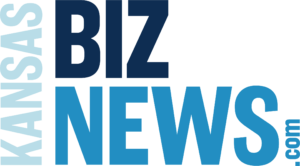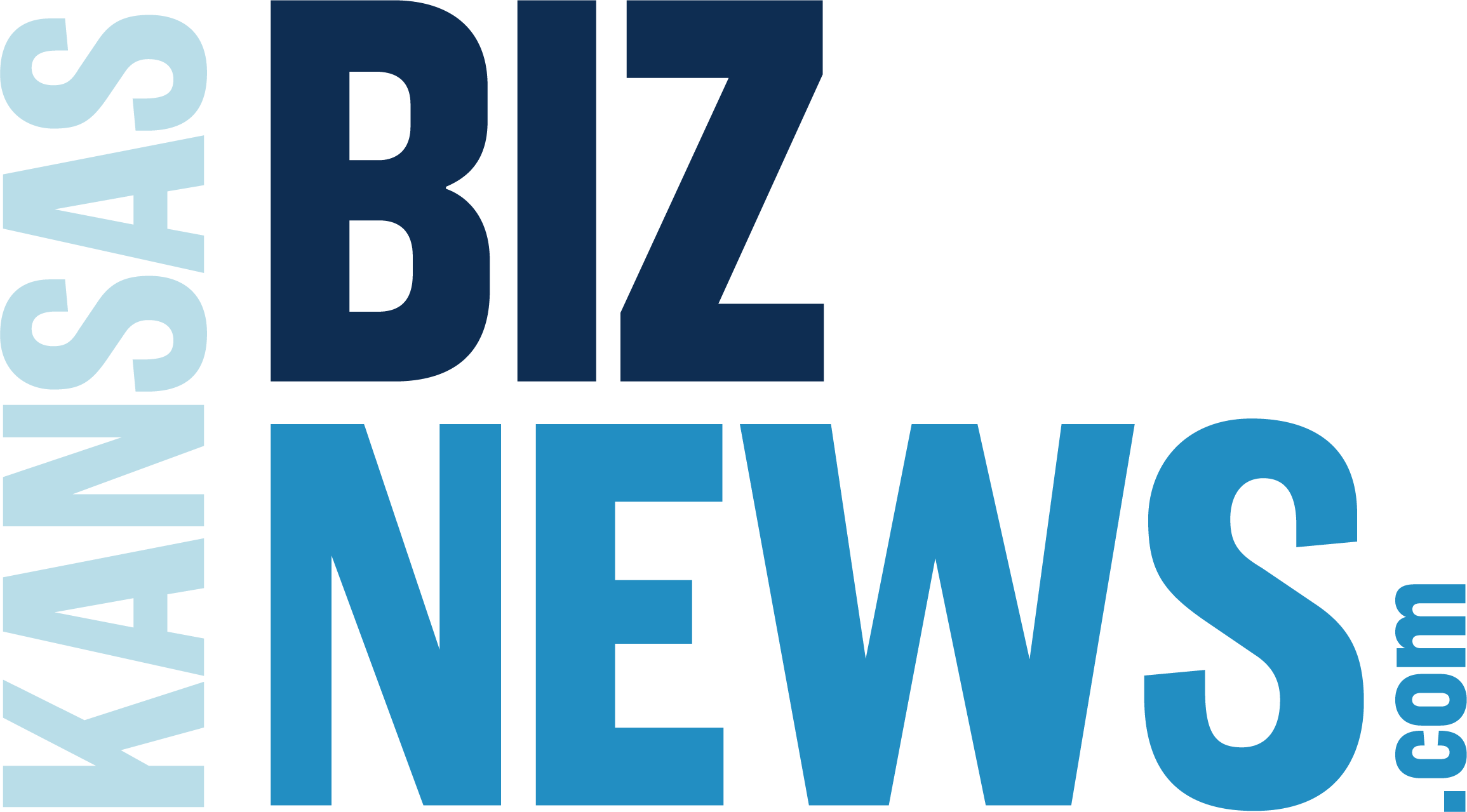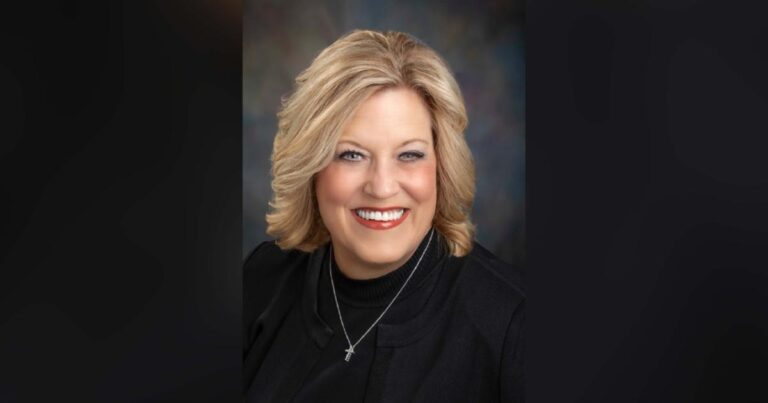Kansas Insurance Commissioner Vicki Schmidt on June 1 announced there will not be a Workers Compensation Fund assessment for the upcoming fiscal year.
Kansas business leaders — such as the Kansas Chamber — have expressed support for the Kansas Insurance Department (KID) lifting the requirement of carriers, pools, and self-insured businesses to pay into the assessment fund for fiscal year 2024. This will reduce the cost of doing business by at least $3 million over the previous fiscal year.
“We appreciate Commissioner Schmidt and the staff at the insurance department for working to reduce the financial burden on Kansas businesses,” said Kansas Chamber Vice President of Government Affairs Eric Stafford. “Rarely do you see a state agency decide that they have sufficient money in reserves and forgo fees, which are taxes on businesses and individuals. $3 million in savings is an unexpected surprise which we applaud.”
The insurance commissioner may make an assessment on all insurance carriers, self-insurers and group-funded workers compensation pools insuring the payment of workers compensation, specifically in cases where an employer either did not have workers compensation insurance, is insolvent, or cannot be located.
According to Schmidt, the assessment won’t be necessary in FY 2024, since the commissioner determined the fund will have a sufficient balance on June 30.
“As Commissioner, I am committed to providing effective government services in the most efficient way possible,” said Schmidt in a press release. “Due to the healthy balance of the Workers Compensation Fund, I have determined that imposing an assessment is not warranted for the upcoming fiscal year.”
In FY 2018 there were 1,920 open claims in the Workers Compensation Fund. However, that number has gradually declined to 1,660 open claims in FY 2022. As cases are further reviewed, the KID estimates that the number of open claims could reach less than 1,200 over the next three years.
According to the KID, recent reforms have ensured medical claims are vetted and not erroneously paid – leading to a better financial position for the fund and a stabilization in the annual assessments.
For more information visit insurance.kansas.gov.



